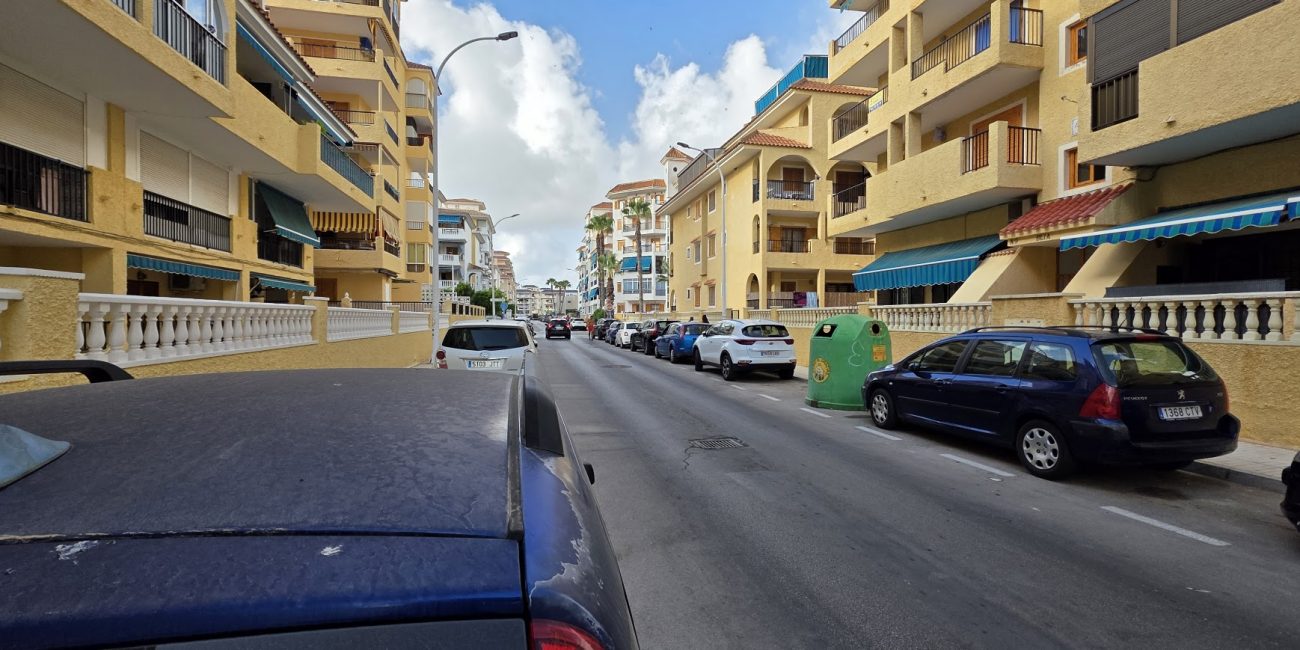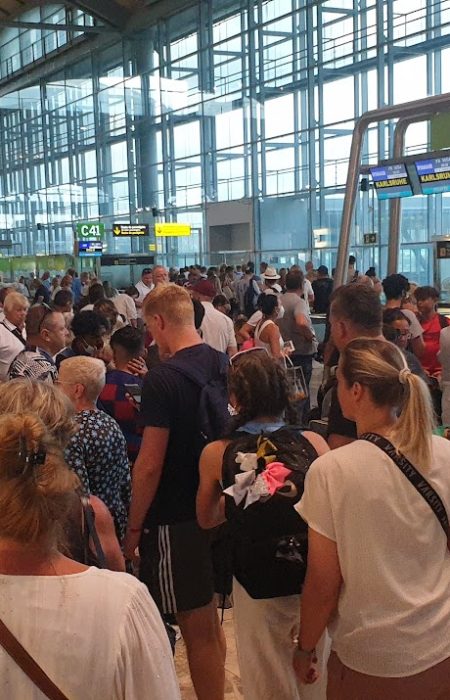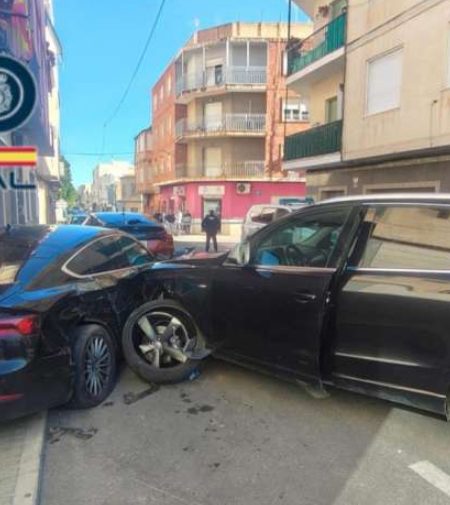With a single stroke of the pen, 7,499 tourist listings in the Valencian Community will be erased off the internet. The Ministry of Housing has notified several digital platforms of the order to remove online advertisements for 53,876 illegal tourist apartments across Spain, with 7,499 of them located in the Valencian Community, the fourth autonomous region with the most listings after Andalusia, the Canary Islands, and Catalonia.
According to central government sources, these properties have not received the obligatory registration number needed since July 1st because they do not match legal standards. Now, the various platforms must remove the listings for these properties, which may be advertised on many platforms simultaneously. The goal, according to ministry sources, is to incorporate these houses into the residential rental market.
The measure is part of the push for the so-called One-Stop Digital Window, in which registrars, ministries, and platforms share data to combat fraud in temporary accommodations. Since January 1st, the Single Registry of Temporary Accommodations has received 336,497 applications, of which 264,998 (78.75%) are for tourist rentals and 53,786 (20.3%) have been revoked.
Almost 14% are in the Valencian Community, with the impact varying by area. The municipalities with the most rejected applications were, in this order, Valencia (731), Torrevieja (700), Denia (538), Alicante (528), and Benidorm (476). By province, Alicante had the most rejections (4,734), followed by Valencia (1,754) and Castellón (1,011).
According to this newspaper, if the owners of almost 135,000 vacation rental flats in the Valencian Community do not complete the obligatory registrations in the Ministry of Housing’s Single Registry of Tourist-Use Homes, they will become unavailable beginning next week. As of July 15, just 15.2% of Valencian tourist apartments were in compliance with the new state standards, leaving 84.8% outside the law, regardless of whether they had a municipal or regional licence.
“Preserve the social function of housing”
If a code is revoked, it indicates that the College of Registrars received the application, that the application contained incomplete data or data that did not comply with current regulations for the type of activity intended to be carried out, and that it was not corrected in a timely manner. According to insiders, the ministry’s goal with the registry and the Digital One-Stop Shop is “to seek to preserve the social function of housing and combat illegal tourist apartments, which drive families from their neighbourhoods and diminish the quality of cities.”
Outside the Valencian Community, Andalusia has the most revoked compulsory registration applications (16,740), followed by the Canary Islands (8,698), Catalonia (7,729), Galicia (2,640), the Balearic Islands (2,373), the Community of Madrid (1,531), the Region of Murcia (1,402), and Cantabria (955). Seville had the most revoked applications (2,289), followed by Marbella (Málaga) with 1,802 applications, Barcelona (1,564), Málaga (1,471), Madrid (1,257), Benalmádena (Málaga – 926), Adeja (Tenerife – 765), and Fuengirola (Málaga – 686).









No Comment! Be the first one.